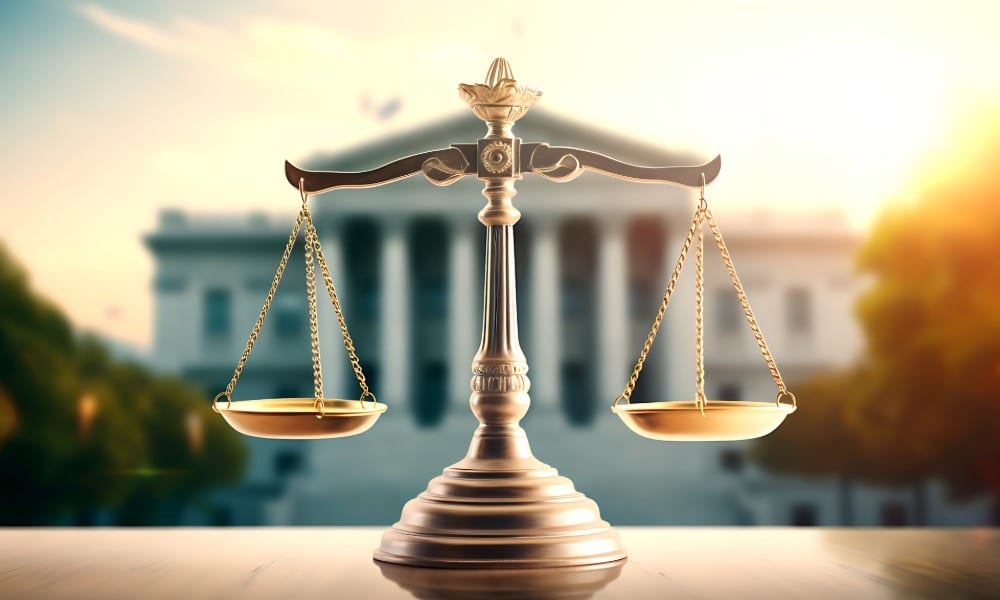Facing a child pornography charge is one of the most daunting and life-altering experiences anyone can endure. These charges carry severe consequences, including potential prison time, hefty fines, and mandatory registration as a sex offender.
Beyond the legal penalties, the personal and professional toll can be devastating, affecting your relationships, reputation, and future opportunities. The stigma alone can feel overwhelming, making it crucial to understand what lies ahead.
In Southern Maine, navigating these charges requires immediate action and a clear strategy. The legal process is complex, with both state and federal laws imposing harsh penalties depending on the specifics of your case. Whether it’s possession, distribution, or creation, the stakes are high, and every detail matters.
With the guidance of experienced professionals like The Maine Criminal Defense Group, you can take the first steps toward protecting your rights and building a strong defense.
Call 207-571-8146 or contact us online to schedule a consult with one of our highly skilled criminal defense & OUI lawyers, serving Southern Maine, today.
Table of Contents
Understanding Child Pornography Charges
Child pornography charges are among the most severe felony offenses under both state and federal law. These charges involve the creation, possession, distribution, or access of visual material depicting minors in sexually explicit acts or lewd displays.
Federal law, including United States Code Title 18 Section 2256, defines minors as individuals under the age of 18. Material doesn’t need to depict actual sexual acts; sexually suggestive imagery can also lead to charges.
Penalties for these offenses include lengthy prison sentences, substantial fines, and mandatory registration as a sex offender. The repercussions can extend further, impacting your reputation, relationships, and employment opportunities. Each jurisdiction may vary slightly in how it defines or interprets child pornography, but the central focus remains on the protection of minors.
Circumstances surrounding charges vary. For instance, accusations might arise from unintentional possession or a lack of awareness about stored illegal content. However, the legal system often takes a zero-tolerance stance.
Legal consequences and penalties in Maine
Child pornography offenses can be prosecuted at the state, federal, or both levels, with severe penalties upon conviction. State charges in Maine typically involve possession, distribution, or creation of illicit material, carrying significant legal and personal consequences.
Under Maine Code §284, possessing sexually explicit material involving a minor under 16 years old is a Class D crime, punishable by up to 1 year in jail and a $2,000 fine. If the minor is under 12 years old, the offense becomes a Class C crime, carrying up to 5 years in prison and a $5,000 fine.
Repeat offenses lead to harsher penalties, including extended prison sentences and higher fines. In some cases, federal charges may apply, bringing even more severe consequences, including mandatory minimum sentences. If you are facing child pornography charges, securing experienced legal representation is crucial to protecting your rights and future.
The legal process
After being charged with an offense such as child pornography, the legal process involves multiple detailed stages. Understanding these steps is essential to preparing a defense and navigating the system effectively.
Investigation and Arrest
Authorities conduct thorough investigations before making an arrest in child pornography cases. Evidence may include internet activity logs, file metadata, and witness statements.
Law enforcement utilizes tools like forensic software to analyze devices, and search warrants are common for seizing computers, phones, or other storage devices.
Indictment and Arraignment
A federal indictment occurs when the grand jury determines that probable cause exists. During this process, formal charges are filed against the defendant.
At the arraignment, charges are presented, and defendants must enter a plea—guilty, not guilty, or no contest.
Bail may be decided, but for serious charges, including production or distribution of child pornography, judges may deny bail, resulting in pretrial detention.
Trial and Sentencing
The trial involves opening statements, evidence presentation, cross-examination, and closing arguments. Prosecutors may rely on extensive digital evidence, expert testimony, or detailed forensic reports.
Common defenses against child pornography charges
Defending against child pornography charges often involves strategies to weaken the prosecution’s case by challenging evidence, proving the absence of intent, or addressing unlawful searches. These approaches aim to ensure a fair trial by scrutinizing the validity and handling of evidence.
Challenging evidence
A skilled criminal defense attorney will examine the available evidence for errors, inconsistencies, or illegalities. This includes reviewing the chain of custody, ensuring the evidence wasn’t mishandled, altered, or improperly stored.
By scrutinizing the sources of the evidence, an attoney may be able to uncover potential biases or ulterior motives that could weaken the prosecution’s case.
Proving lack of intent
A criminal defense attorney may attempt to demonstrate that no intention existed to promote or distribute the material. If the prosecution can’t prove intent beyond a reasonable doubt, their case becomes less viable.
One example could be the lack of exclusive control over the device that was storing the files. Analyzing the absence of actions like sharing, selling, or discussing distribution further establishes this argument.
Addressing Unlawful Searches
A criminal defense attorney may be able to assess whether law enforcement violated the Fourth Amendment by performing an unlawful search or seizure. Invalid warrants, lack of probable cause, or procedural errors invalidate evidence obtained through such searches.
For example, a case might involve files found during a search that exceeded the warrant’s scope. Evidence obtained this way could be suppressed, weakening the prosecution’s stance.
Call 207-571-8146 or contact us online to schedule a consult with one of our highly skilled criminal defense & OUI lawyers, serving Southern Maine, today.
Long-Term Implications of a Conviction
A conviction for child pornography drastically alters a person’s life. Long-term consequences extend far beyond initial legal penalties, permeating employment, housing, social interactions, and personal relationships.
Impact on Employment and Housing
Convictions create significant barriers in securing jobs and stable housing. Employers conduct background checks, and felony convictions—paired with sex offender registration—lead to automatic disqualification for many positions. Professions requiring licenses, such as teaching or healthcare, often impose lifetime bans on individuals with such offenses.
Housing challenges arise from restrictions on living near schools, parks, and other areas frequented by minors. Landlords frequently deny applications based on both the felony record and public sex offender registry.
Registration Requirements
Sex offender registration is mandatory following a conviction and carries lifelong obligations. Registrants must provide frequent updates on their residence, employment, and vehicle information. Failure to comply can result in additional legal penalties which can include potential imprisonment.
The Importance of Legal Representation
Facing a child pornography charge is a serious matter that requires immediate and skilled legal intervention. Effective legal representation can significantly influence the case outcome, from reducing penalties to presenting a robust defense.
Choosing the right criminal attorney
Selecting an experienced criminal defense attorney is essential for navigating the complexities of child pornography charges.
It is important to prioritize hiring an attorney with specialized knowledge of both federal and state laws, particularly regarding digital evidence and sex crime regulations.
Role of expert witnesses
Expert witnesses play a critical role in challenging evidence and offering alternative explanations during the trial. Specialists like forensic analysts, digital evidence experts, and psychologists can be indispensable in constructing a solid defense.
For example,
- A forensic analysts can analyze device data to rule out intentional possession or identify potential tampering.
- A digital evidence expert can review metadata and file origins to dispute the prosecution’s claims.
- A psychologist may be able to provide context by testifying about the defendant’s mental state, which may highlight the absence of malicious intent .
Protecting your rights after a child pornography charge
Maine takes child pornography charges extremely seriously, and a conviction can lead to severe legal and personal consequences. Beyond prison time, those convicted may face mandatory sex offender registration, permanent damage to their reputation, and restrictions on employment and housing.
If you’re facing these charges, it’s critical to act quickly and secure skilled legal representation. The Maine Criminal Defense Group has extensive experience handling these complex cases, building strong defense strategies, and protecting clients’ constitutional rights.
Don’t navigate this legal battle alone. Contact us today at (207) 571-8146 or reach out online for a confidential consultation.
Call 207-571-8146 or contact us online to schedule a consult with one of our highly skilled criminal defense & OUI lawyers, serving Southern Maine, today.
Blog Articles

Sexual exploitation of a minor is a severe offense in Maine with life-altering consequences. This crime involves persuading or enticing a minor into sexual acts, often aggravated by technology or[...]
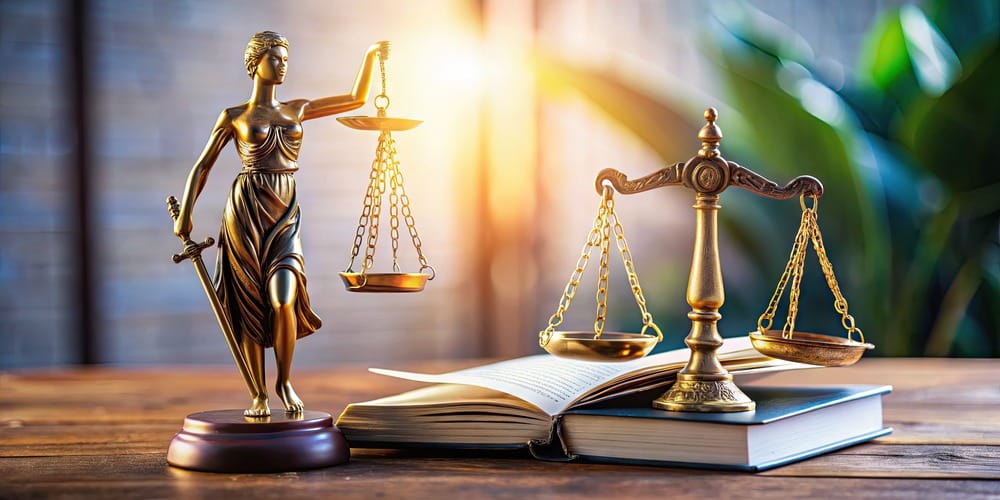
Many individuals accused of sexual assault find themselves tried in the “court of public opinion” and immediately branded as “guilty.” This is unfair and contrary to the principles of criminal[...]

Solicitation of a minor is a criminal offense where an individual who engages in a conversation with a minor solicits or asks the minor to meet up to partake in[...]

Sexual assault and sexual battery both refer to criminal offenses where a victim does not provide consent to sexual contact. This contact may or may not involve penetration, force, violence,[...]

Both prostitution and solicitation are considered sex crimes in Maine. Buying or selling sexual acts or sexual contact is illegal and has traditionally been considered a criminal offense for all[...]
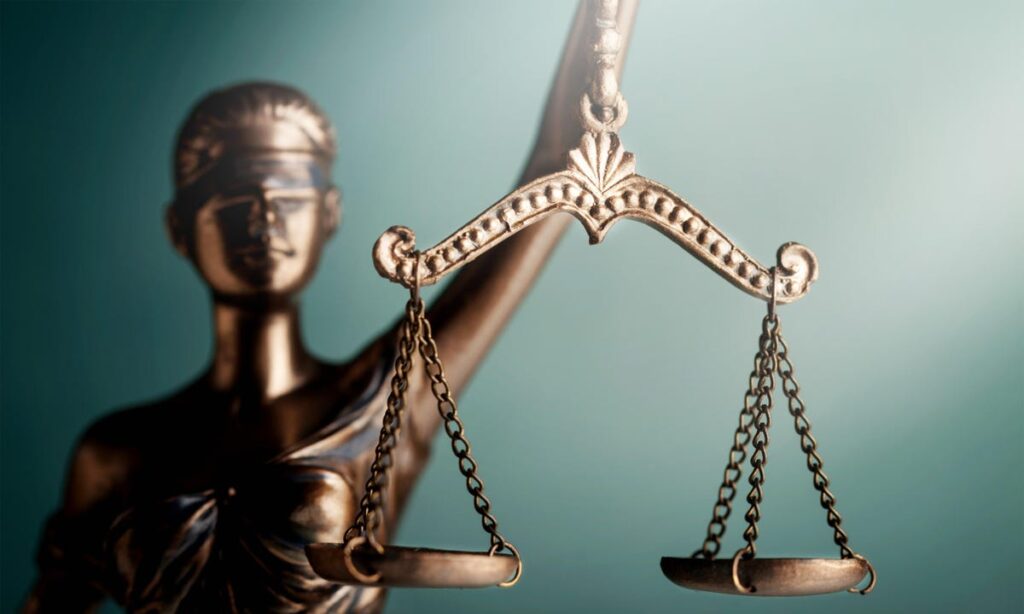
A protection from abuse order (PFA) can make it illegal for an individual to contact you or your children in the state of Maine. Filing a PFA is often a[...]

In a recent child exploitation case from Boston, a Maine man was found guilty by the federal court and sentenced to 13 years in prison and five years of supervised[...]
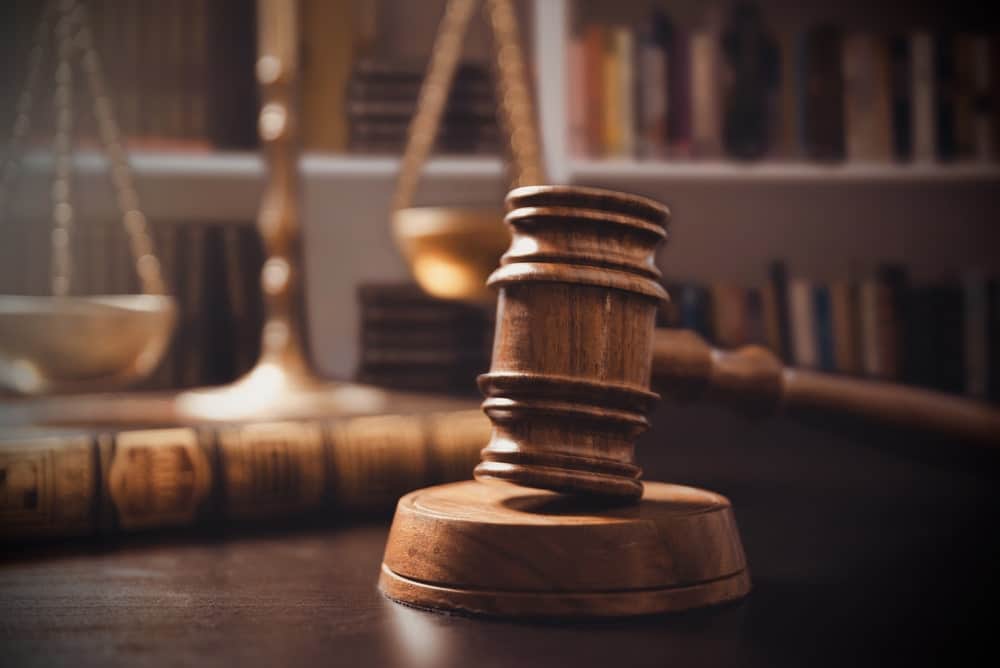
Accused or Charged with Sexual Exploitation of a Minor: What You Need to Know Allegations involving the sexual exploitation of a minor are among the most serious criminal charges a[...]
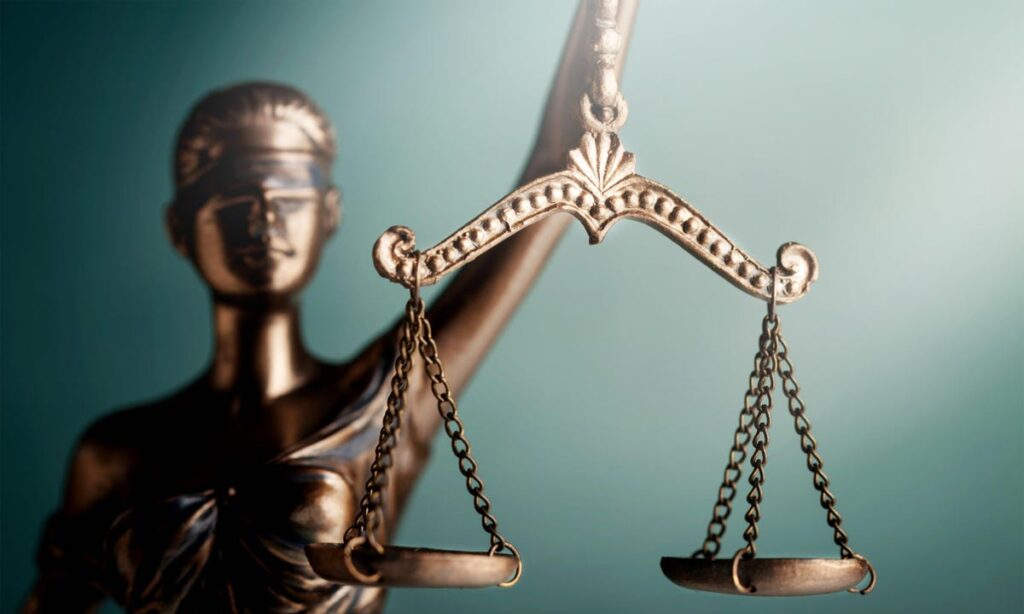
Note: We do not do any sex registry work but we do handle all sex-related cases Sex crimes are among the most destructive, antisocial behaviors in our whole society. Everyone[...]
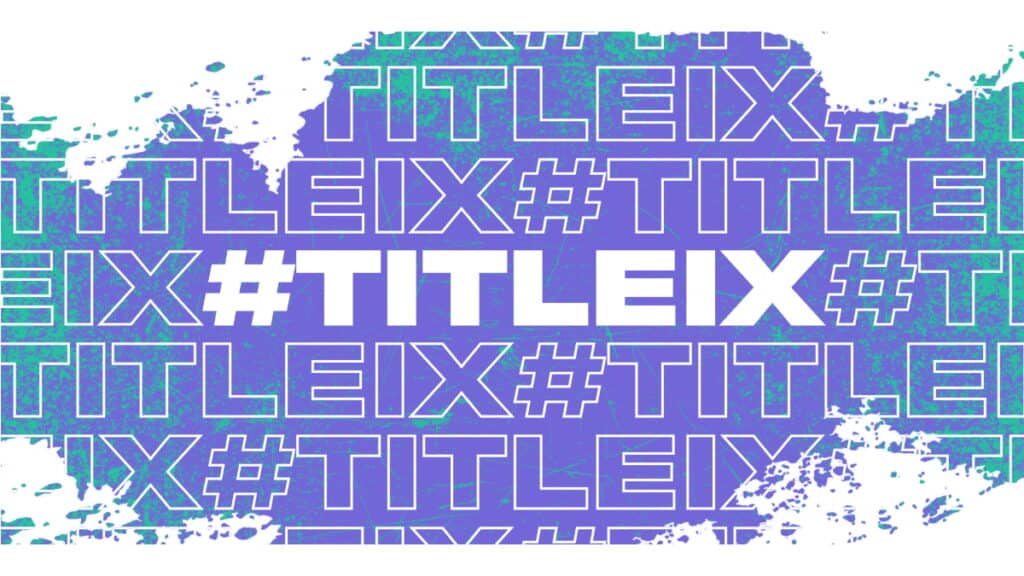
When most people think of “Title IX” they tend to focus on the role on Title IX in preventing sexual or gender-based discrimination on college and university campuses. Title IX[...]
